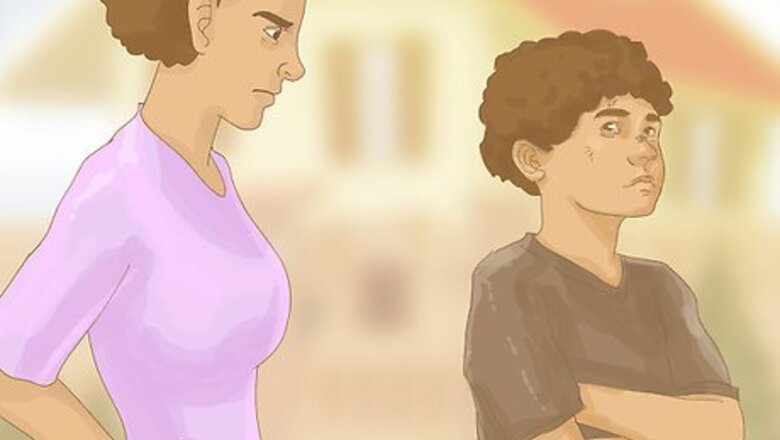
views
X
Research source
[2]
X
Research source
Defending against Criminal Liability
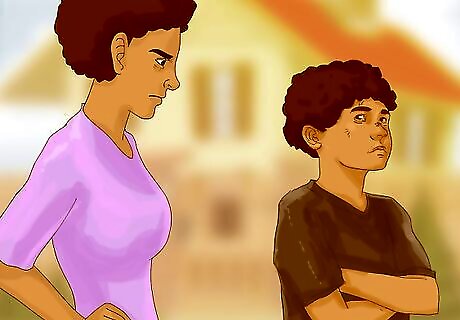
Show that you are not the child's parent or legal guardian. You cannot be held criminally liable for your child's delinquent acts if you are not legally responsible for the child, or were not legally responsible for the child when he or she committed those acts. If you are divorced or legally separated from the child's other parent, and share joint custody, you typically only have legal responsibility for the child when he or she is staying with you. For example, if you have physical custody of your child on every other weekend, you cannot be held accountable for a crime the child commits on a Wednesday. Keep in mind that some states may hold you accountable even if the child wasn't staying with you, if you have joint legal custody with the other parent and you both live in the same state. If the child is in the care of your state's social services or child welfare department, you cannot be held responsible for the child's criminal acts, even if you are the child's biological parent.
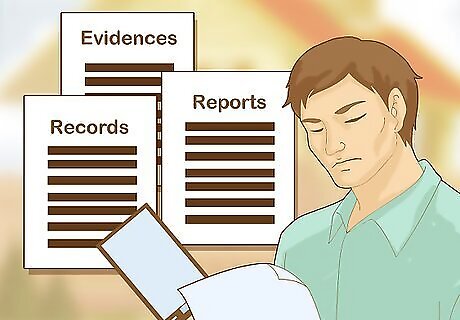
Introduce evidence that you were unaware of the child's activities. If you've been charged with contributing to the delinquency of a minor, you can escape liability by proving that you did nothing to encourage or assist the child. To find you guilty of contributing to the delinquency of a minor, there must be evidence that you said or did something to encourage or assist the child in committing the illegal act. Keep in mind that in some states you can still be held responsible if you allowed your child to access firearms you kept in your home, even if you were unaware that the child took a weapon. However, if you are charged with contributing to the delinquency of a minor the prosecutor generally must show that you knew what the child was doing. For example, you typically could defend yourself against the charge despite the fact that you drove your child to buy illegal drugs if you weren't aware that drugs were sold at the location. This defense also may defeat your accountability for your child's truancy. If you drove your child to school every day and picked him or her up after school, you could argue that as far as you knew your child was at school. In that case, you typically also would have to prove that no one from the school ever contacted you regarding your child's absences.
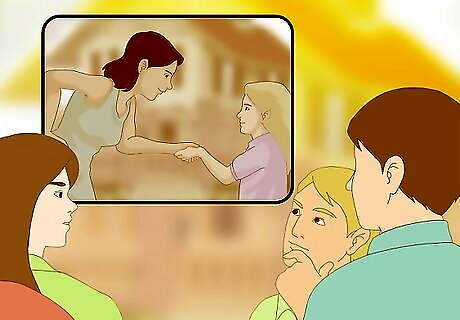
Demonstrate that you paid reasonable care and attention to your child. Since parental responsibility laws are based on the theory that you were negligent in caring for your child, introducing evidence that you provided your child with appropriate care can disprove parental accountability for juvenile crime. Often your own testimony will be necessary to prove that you gave your child adequate care and attention. You also might rely on the testimony of neighbors, teachers, coaches, and other community members who observed your interactions with the child. Things you did specifically to discipline your child or discourage him or her from engaging in activity also are relevant. For example, if you enrolled your child in a "scared straight" program or bootcamp, that would be evidence that you did everything you could to keep your child from committing crimes.
Defending against Civil Liability

Establish that you are not the child's parent or legal guardian. You cannot be sued for damages resulting from a child's criminal behavior if you did not have custody and control of the child at the time the acts were committed. If you are divorced or legally separated from the child's other parent, a copy of the custody order or a court-approved parenting plan can show that you do not have custody of your child, or did not have custody when the criminal act occurred. Likewise, if the child is considered a ward of the state, you cannot be held accountable for damages caused by the child's criminal activity, even if you are the child's biological parent. While some states hold parents accountable for damages caused by the criminal activity of children up to 21 years of age, you may be able to escape liability by proving that the child is independent of you. For example, if your child left home at 18 years of age, got a job, supports herself, and you do not claim her on your taxes as a dependent, the court may rule you are not accountable for damages or losses caused by her criminal activity.
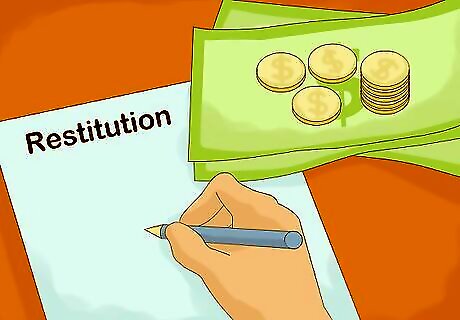
Show that restitution was paid. In some cases a juvenile court will order restitution as part of a juvenile adjudication. If restitution is complete, the victims typically cannot sue the child's parents for any more money. Because the law recognizes that children typically cannot compensate their victims, any order to pay restitution assessed in juvenile court will be paid by the parents. Some states do not order such restitution without first having a hearing. At the hearing, you have the opportunity to defend yourselves and prove that you were responsible parents who should not have to pay restitution for your children's crimes. However, once restitution is paid, victims typically aren't allowed to demand more money from the parents for additional losses, even if those losses weren't covered by the restitution order.
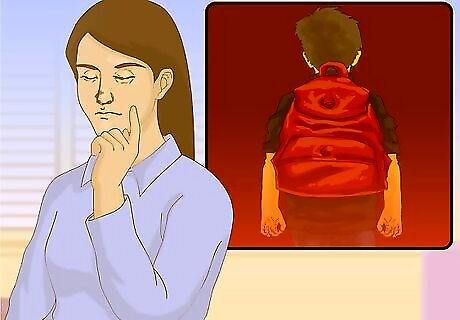
Provide evidence that the child ran away from home. In some jurisdictions, you will not be held accountable for damages resulting from crimes your child committed after he or she voluntarily left your home with no intention of returning. You must be able to show that the child voluntarily abandoned your home. You could have your child testify to this fact, or you could produce a police report in which the child was reported missing.
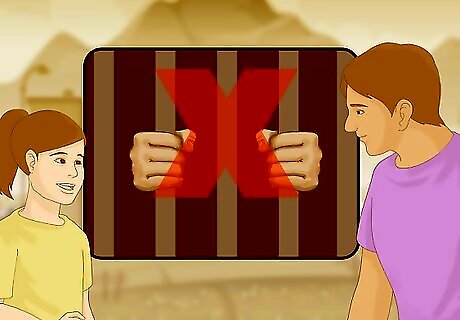
Prove you made good faith efforts to discourage criminal behavior. You also may have a defense against parental accountability for juvenile crime if you can provide sufficient evidence that you did what you could to keep your child on the straight and narrow. In some states, this is not a valid defense, although proof of diligent supervision over your child may mitigate damages. Witness testimony from the child's teachers or coaches could assist in proving you made an effort to keep your child from engaging in criminal activity. If you enrolled your child in any camps or programs designed to improve discipline or teach avoidance of criminal activity and bad influences, proof of that also may demonstrate your good faith effort. Other witness testimony from relatives, friends, and neighbors can support your claim as well.

















Comments
0 comment